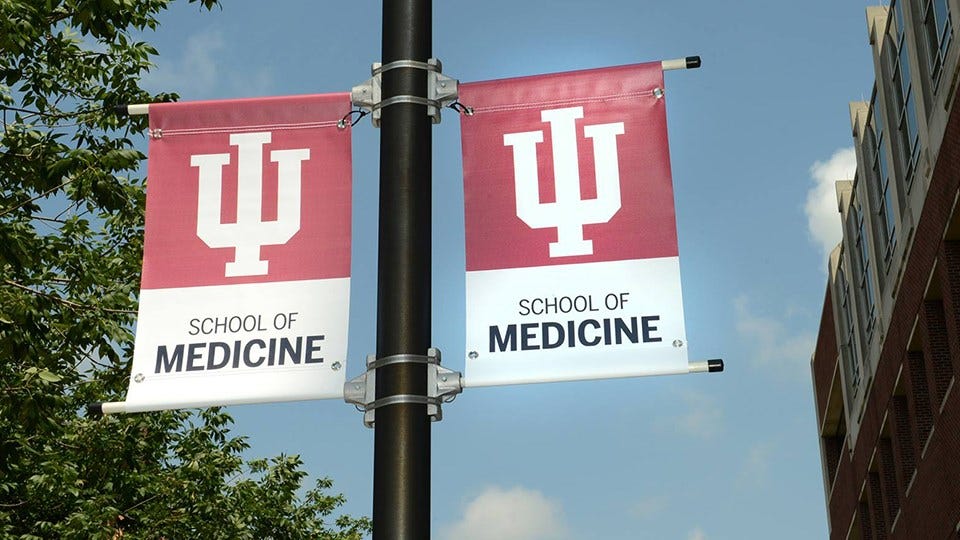IU unveils playbook to address mental health workforce shortage
Subscriber Benefit
As a subscriber you can listen to articles at work, in the car, or while you work out. Subscribe Now
The Indiana University School of Medicine’s Bowen Center for Health Workforce Research and Policy has developed a playbook of recommendations to boost the number of mental health professionals in the state.
Called “The Playbook for Enhancing Indiana’s Mental and Behavioral Health Workforce,” it outlines recommendations to improve workforce data collection, raise career awareness among youth, expand accelerated degree programs, strengthen clinical training, streamline licensing and evaluate school curriculum, among a host of other initiatives.
A $515,005 grant from Indianapolis-based Lilly Endowment Inc. helped support the development of the playbook, the university said.
Of Indiana’s 92 counties, 90 are federally designated as mental health care workforce shortage areas, the university said. Furthermore, a 2023 IU study indicates that untreated mental illness costs Indiana more than $4 billion each year.
“This is a crisis, and while there is no silver bullet to address mental illness, improving access to high-quality mental health care is critical for the thousands of Hoosiers currently suffering,” Hannah Maxey, director of the Bowen Center and leader of the project, said in a news release. “Access to care hinges on the availability of mental and behavioral health professionals who are ready and willing to provide care. Identifying the root causes of these shortages and formulating strategies to strengthen the workforce across the state must be a top priority.”
Bowen Center brought together a team of experts, including representatives from health care organizations, universities and colleges, and state agency officials, to develop the 50-page playbook. The center also conducted research into industry regulations, available education and training, and perspectives on the workforce, including from licensed professionals.
“In developing the playbook, we worked with the Indiana Commission for Higher Education and Indiana Professional Licensing Agency to create the first-ever inventory of degree programs across the state to map the licenses available to behavioral and mental health professionals. The inventory reveals gaps in education opportunity,” Maxey said. “We also found that Indiana doesn’t have a formalized approach to training or credentialing/designation for clinical supervisors of Behavioral Health and Human Services licensees. Most states have a formal process in place.”
